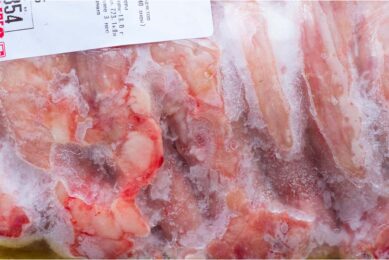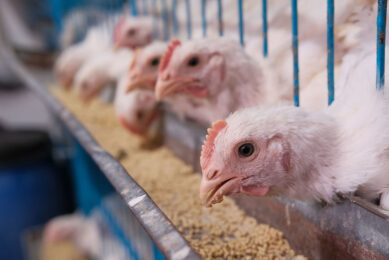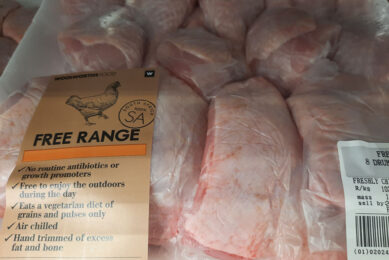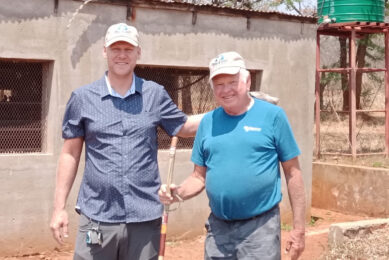South Africa sets anti-dumping duties
The International Trade Administration Commission (ITAC) of South Africa released a report in January with a preliminary determination that dumping of Brazilian whole birds and boneless cuts was taking place.
The Commission made a determination that the South African Customs Union (SACU) industry was suffering material injury and that the material injury was causally linked to the dumped imports from Brazil and requested the Commissioner for South African Revenue Service (SARS) to impose provisional payments.
The Southern African Poultry Association (SAPA) lodged the complaint on behalf of the SACU industry in 2011, saying products under the tariff sub-headings 0207.12.90 (frozen whole broilers) and 0207.14.10 (boneless cuts) were being exported to SACU at prices less than their normal value in their country of origin, causing material injury to the SACU industry.
Of the exporter/foreign producers who responded to the investigation, only Coperativa Central Oeste Catarinense – Aurora Alimentos’s (Aurora) response was considered acceptable and they were given a lower anti-dumping duty. The dumping margin on boneless cuts for Aurora was found to be 6.53% when expressed as a percentage of the ex-factory export price.
ITAC was not satisfied with the information supplied by the other companies and they were considered non-cooperating parties. For purposes of the normal value, the Commission used the weighted average domestic sales of both whole bird and boneless cuts made by Brasil Foods during the period of investigation. Based on this information, the residual margin of dumping was determined to be 62.93% for the whole bird and 46.59% for boneless cuts. The anti-dumping duties will be charged for six months. South Africa was the seventh largest market for Brazilian broiler exports in 2011 with shipments of 195,416 metric tons.
The Brazilian chicken industry responded by saying it would request the Brazilian Government initiate a case to the World Trade Organization arguing that the South African government’s decision does not comply with WTO rules on anti-dumping. One complaint is that when comparing prices, South Africa did not take into account the taxes (16.5%) on domestic product; exported product is not taxed.
According to the WTO Article 2, Determination of Dumping, “a product is to be considered as being dumped, i.e. introduced into the commerce of another country at less than its normal value, if the export price of the product exported from one country to another is less than the comparable price, in the ordinary course of trade, for the like product when destined for consumption in the exporting country.
Due allowance shall be made in each case, on its merits, for differences which affect price comparability, including differences in conditions and terms of sale, taxation, levels of trade, quantities, physical characteristics, and any other differences which are also demonstrated to affect price comparability.”
Source: USDA International Egg and Poultry Review













